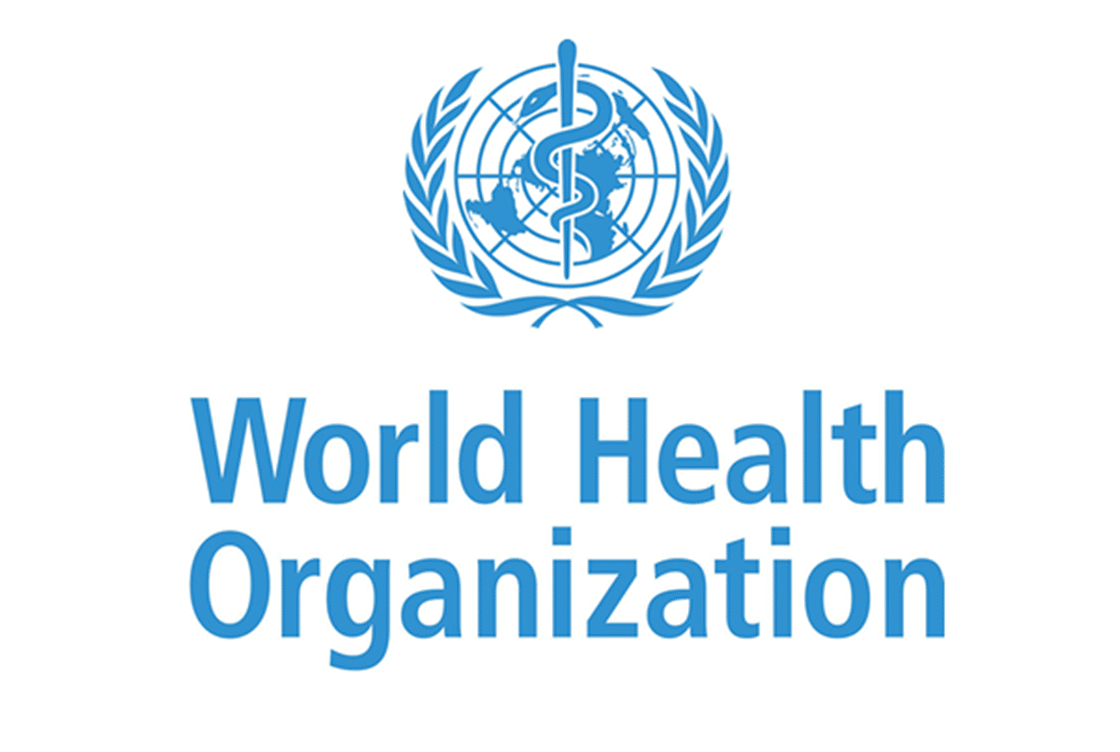Sex and pleasure belong together: WHO makes recommendations
The WHO's recent statements show that it is far from being concerned only with the Corona pandemic. Recently, it has issued recommendations around the handling of sex and sex education. The conclusion: The organization points out that too few people are concerned with the "most beautiful secondary matter in the world" and the associated pleasure.
The basis for this statement is formed by several studies. They show that many people neglect the pleasure factor during sex... Especially when it comes to the area of sex education. A pity, actually.

Sex and sex education: What are the current priorities?
This is precisely the question that the WHO has also asked itself. According to the Pleasure Project, which - like the health organization - is behind the relevant studies, the focus in connection with sex and sex education is strongly on negative topics. Again and again, it's about what diseases can be transmitted through sex and what dangers lurk. An important topic, to be sure. Nevertheless, many people have long been in favor of taking a broader view, not excluding the risks, but including other aspects such as pleasure and eroticism.
In this way, the dangers and risks of sex should not be ignored, but the "beautiful things" should also be emphasized. Or in other words: sex education and the like should show that sex is fun and not give the impression that it is exclusively a dangerous undertaking.
Understandably so. After all, it would otherwise be possible for young people who are introduced to the topic to develop fear and, for example, approach their first time in a correspondingly tense manner. An important message that should be represented: Responsible sex is something beautiful and it is perfectly okay to enjoy pleasure and eroticism.
Responsible sex can also be erotic of course
The fact is: most people are likely to enjoy sex because of their desire and not "only" because they want to reproduce, for example. According to the WHO, however, this is to some extent a taboo subject. In the course of education, it should be communicated more that it is, among other things, sexual desire that ensures that people have sex.
At the same time, it is possible that condoms are not always seen as a means to an end. Instead, it is much more interesting to show the erotic possibilities associated with the use of a rubber.
In short: eroticism and lust are part of sex and therefore also of sexual education.
The data situation is extremely clear so far
There are now many studies that deal with topics such as sex and diseases, but only a few studies in which the pleasure factor also plays an important role. According to the WHO, that's exactly what's about to change.
Among other things, he said, it is also possible to influence people's attitudes about sex and health and make a positive contribution to increased awareness.
According to these studies, attitudes towards sex with a rubber band and responsible handling of one's own sexuality can change if more emphasis is placed on a comprehensive view, including the pleasure factor, as part of sex education. Sex is not just a "means to an end", but actually the "most beautiful secondary matter in the world". It's high time to get this message across in educational programs and the like.